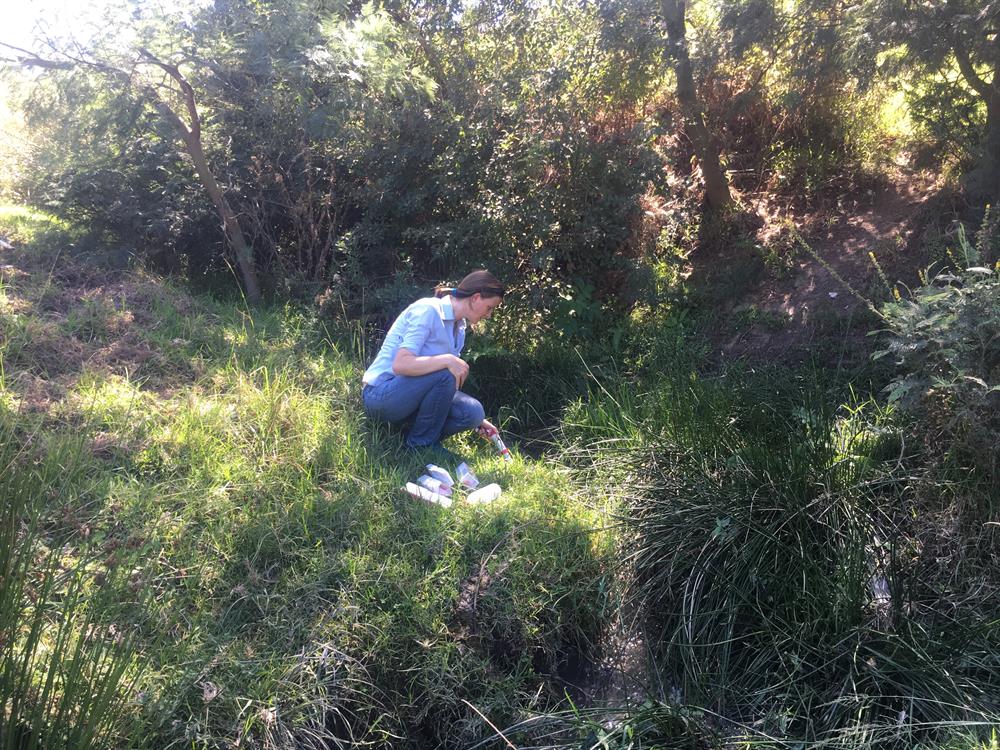KNYSNA NEWS - The Knysna Estuary is renowned for its fantastic biodiversity and is a key drawcard for Knysna in terms of tourism. The studies that point to a decline in the water quality of the estuary are therefore concerning.
A number of organisations have taken an active role in monitoring pollution levels, including the Knysna Basin Project (KBP), SANParks and the Knysna Municipality.
While there are multiple studies ongoing in the estuary, very little is understood about the quality of water flowing in from surrounding catchments.
Catchments under scrutiny
This year, the municipality has provided funding for a postgraduate student of the University of Cape Town (UCT) to study and model the surrounding catchments.
The project aims to establish and illustrate the current state of the catchments and to identify potential pollution sources within the Knysna basin catchment area.
A hydrological model will be used to calculate flows, and to estimate pollution loads to the estuary. As part of the model, alternative mitigation measures will be considered, including sustainable drainage systems (SuDS).
Estuary health at stake
The KBP has been a key collaborator in the research, helping to collect water quality samples monthly, and providing ongoing on-the-ground support.
KBP director Louw Claassens says, "What happens in the catchments has a direct impact on the health of our estuary. It is thus crucial that we sort out our catchment management."
Water samples from inflows to the estuary have been collected monthly, and after major storms, since September 2017. The samples are then assessed at the waste water treatment works. The UCT researchers are using the data to understand which parts of the catchments to focus on.
The latest round of sampling included the higher reaches of streams.
Great interest in project
Alice Harvey of UCT says, "It was great to see such interest in our sampling. We had lots of children coming to check out what we were up to. It was fun to show them how the sampling works and to see their faces alight with curiosity. The KBP and SANParks have given us such fantastic support."

Alice Harvey, a masters student from UCT, collecting water samples from the Bongani catchment. Photos: Supplied
Harvey is studying an MSc in civil engineering under the supervision of professor Neil Armitage. The research aims to build understanding, and to inform decision-makers, but will not include implementing proposed solutions.
Part of the research will include stakeholder engagement, and public feedback on the research can be found on the KBP Facebook page. The project will run for the rest of the year, so look out for the project players scrambling around in your nearest stormwater drain.
Want to know more?
Visit www.knysnabasinproject.co.za.
'We bring you the latest Knysna, Garden Route news'
















